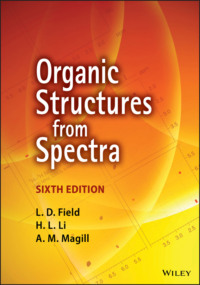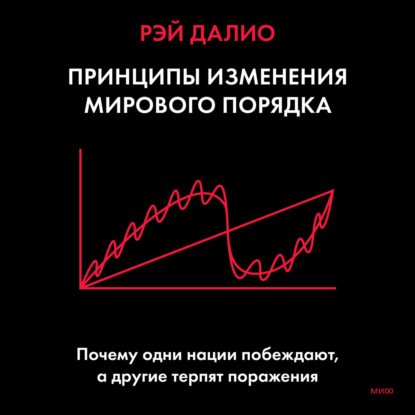H. L. Li - Organic Structures from Spectra

The derivation of structural information from spectroscopic data is now an integral part of organic chemistry courses at all Universities. A critical part of any such course is a suitable set of problems to develop the students’ understanding of how organic structures are determined from spectra. The book builds on the very successful teaching philosophy of learning by hands-on problem solving; carefully graded examples build confidence and develop and consolidate a student’s understanding of organic spectroscopy. [b][i]Organic Structures from Spectra, 6th[/i][/b][i] [b]Edition [/b][/i]is a carefully chosen set of about 250 structural problems employing the major modern spectroscopic techniques, including Mass Spectrometry, 1D and 2D 13C and 1H NMR Spectroscopy and Infrared Spectroscopy. There are 25 problems specifically dealing with the interpretation of spin–spin coupling in proton NMR spectra and 10 problems based on the quantitative analysis of mixtures using proton and carbon NMR spectroscopy. The accompanying text is descriptive and only explains the underlying theory at a level that is sufficient to tackle the problems. The text includes condensed tables of characteristic spectral properties covering the frequently encountered functional groups. The examples themselves have been selected to include all important structural features and to emphasise connectivity arguments and stereochemistry. Many of the compounds were synthesised specifically for this book. In this collection, there are many additional easy problems designed to build confidence and to demonstrate basic principles. [b]The Sixth Edition[/b] of this popular textbook: now incorporates many new problems using 2D NMR spectra (C–H Correlation spectroscopy, HMBC, COSY, NOESY and TOCSY); has been expanded and updated to reflect the new developments in NMR spectroscopy; has an additional 40 carefully selected basic problems; provides a set of problems dealing specifically with the quantitative analysis of mixtures using NMR spectroscopy; features proton NMR spectra obtained at 200, 400 and 600 MHz and 13C NMR spectra including routine 2D C–H correlation, HMBC spectra and DEPT spectra; contains a selection of problems in the style of the experimental section of a research paper; includes examples of fully worked solutions in the appendix; has a complete set of solutions available to instructors and teachers from the authors. [b][i]Organic Structures from Spectra, Sixth Edition [/i][/b]will prove invaluable for students of Chemistry, Pharmacy and Biochemistry taking a first course in Organic Chemistry.









